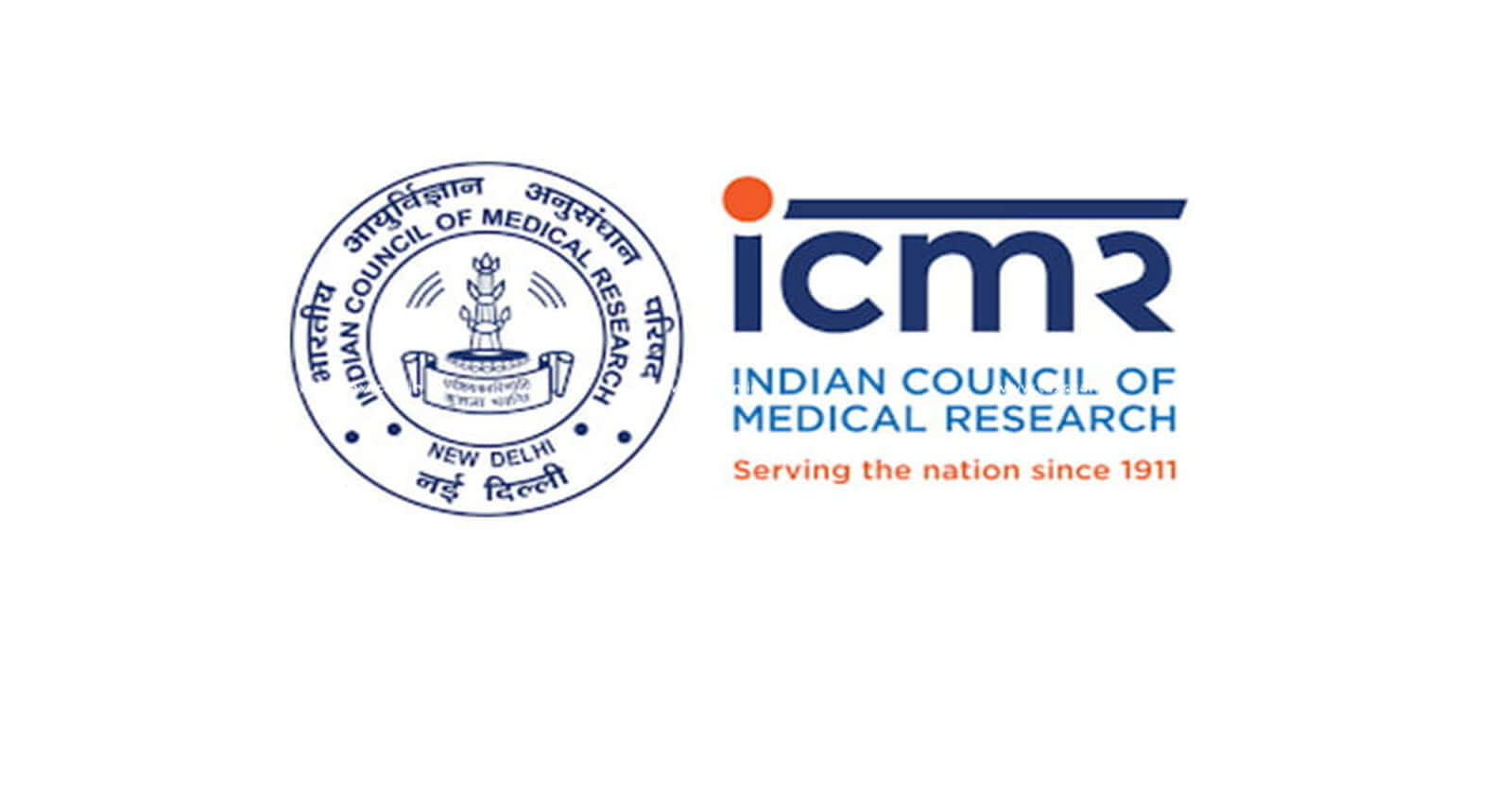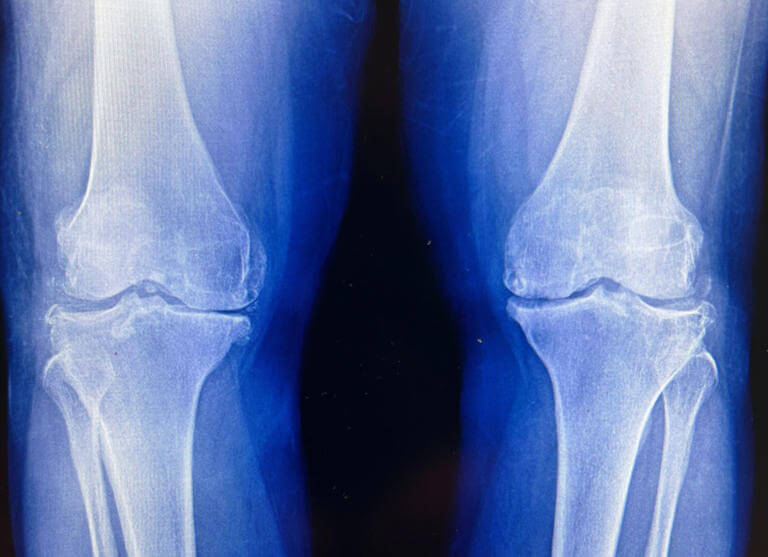Winter babies likely to increase mum's diabetes risk: study
Thu 17 Nov 2016, 13:29:03
Women who conceive in winters are more likely to develop gestational diabetes during pregnancy, increasing a range of risk factors for both child and mother, a new study has warned.
The study by researchers at University of Adelaide which investigated more than 60,000 births in South Australia over a five-year period is the first population-based study of its kind to confirm a seasonal variation in gestational diabetes. Gestational diabetes mellitus is a serious pregnancy complication characterised by inadequate blood sugar control in pregnancy.
Complications of gestational diabetes include excessive birth weight, pre-term birth, low blood sugar - which, in extreme cases, can lead to seizures in the baby - and developing type 2 diabetes later in life."Our study is the first of its kind to find strong evidence of a relationship between gestational diabetes and the season in which a child is conceived," said Petra Verburg from the University of Groningen, who is currently based at the University of Adelaide's Robinson Research Institute.
The study found that in the five years from 2007-2011, the incidence of pregnancies affected by gestational diabetes increased, with 4.9 per cent of pregnancies affected in 2007, increasing to 7.2 per cent in 2011.
The study also found that women who conceived in
winter were more likely to develop gestational diabetes during their pregnancy, with 6.6 per cent of pregnancies from winter conceptions affected.It also added that women who conceived in summer were less likely to develop gestational diabetes, with 5.4 per cent of summer conceptions affected. "The mechanisms that cause gestational diabetes are still not fully understood," said Verburg.
winter were more likely to develop gestational diabetes during their pregnancy, with 6.6 per cent of pregnancies from winter conceptions affected.It also added that women who conceived in summer were less likely to develop gestational diabetes, with 5.4 per cent of summer conceptions affected. "The mechanisms that cause gestational diabetes are still not fully understood," said Verburg.
"Previous studies have suggested that meteorological factors, physical activity, diet and vitamin D are risk factors for gestational diabetes, all of which are impacted by the winter season," she said.
"Not only should our results be confirmed in other populations, future research should also investigate other factors that vary with season," she added. Research leader Professor Claire Roberts, from the University's Robinson Research Institute, said the results continue to show the broader impacts of the increasing body mass index (BMI) in women of reproductive age.
"Elevated BMI and low physical activity are risk factors for gestational diabetes, as well as low socio-economic status. These factors are modifiable, and they represent targets for interventions to prevent the rising tide of gestational diabetes," Roberts said.
The study was published in the journal BMJ Diabetes Research & Care.
No Comments For This Post, Be first to write a Comment.
Most viewed from Health
AIMIM News
Latest Urdu News
Most Viewed
May 26, 2020
Can Lionel Messi's visit boost Indian football?
Latest Videos View All
Like Us
Home
About Us
Advertise With Us
All Polls
Epaper Archives
Privacy Policy
Contact Us
Download Etemaad App
© 2026 Etemaad Daily News, All Rights Reserved.



























.jpg)
.jpg)
.jpg)


